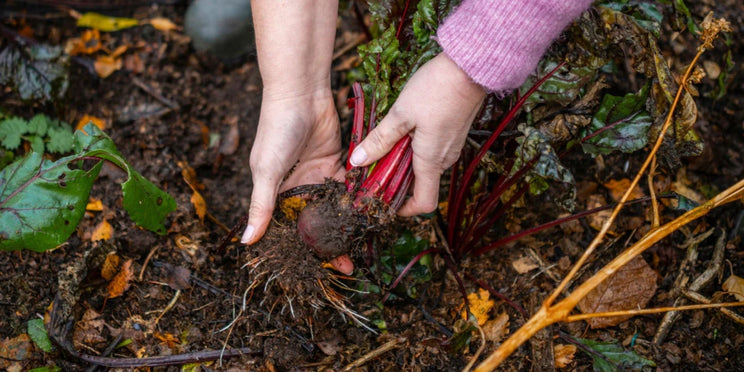Did you know?
Menopause - the stages of change
Menopause, commonly referred to as "the change of life" or "the climacteric" in medical terms, occurs over three stages – perimenopause, menopause & post-menopause and can span a 5–10-year period.
Menopause symptoms typically arise in perimenopause, though can continue through early menopause. Common symptoms experienced by women in menopause are;
Perimenopause
Perimenopause is first stage where the body starts to transition before entering menopause, typically occurring between 45 and 50 years old. During this period, hormone levels such as estrogen, progesterone, follicle stimulating hormone (FSH) & luteinising hormone (LH), start to become erratic.
Perimenopause is generally characterised by unpredictable menstrual cycles (irregular periods with varying durations & flows) and the onset of other symptoms, as outlined above. Effectively, the ovaries gradually decrease their production of estrogen which results in a decline of fertility, though it is still possible for women to become pregnant during perimenopause.
Menopause
Menopause is officially defined as the point where a woman has had 12 consecutive months without a menstrual period.
During this stage, hormone levels start to decline more rapidly than in perimenopause. Effectively, the ovaries stop releasing eggs and ovulation ceases, meaning pregnancy is no longer possible.
The menopause symptoms outlined above may commence, continue or fluctuate in severity and frequency during the menopause stage.
Postmenopause
Postmenopause is the final stage of menopause where the body is transitioning out of menopause.
During this stage, hormone levels will stop dropping & start to stabilise.
This is the point where the body reaches a new equilibrium which results in menopause symptoms beginning to subside.
Once post-menopausal, women will remain in this stage for the rest of their lives.
Ethical Nutrients Clinical Estrovera
Estrovera provides perimenopausal support & relieves a range of common menopause symptoms. Formulated with a plant-derived ingredient, Estrovera offers an evidence-based alternative for managing menopause. Bonus – each bottle is two months supply. See full details
- Relieve hot flushes & irritability
- Reduce restless sleep & fatigue
- Support healthy libido
- Decrease vaginal dryness
- Reduce muscle aches & mild joint pain
This is a practitioner only medicine. Please consult with a healthcare professional to ensure it is right for you. Always read the label and follow the directions for use. If symptoms persist, consult your pharmacist or healthcare professional.
Frequently Asked Questions
There are many avenues for managing menopause symptoms, depending on the severity and how frequently they occur. Eating nutritious food and exercising regularly are great ways to help manage symptoms naturally.
There are also plant-derived complementary medicines such as Estrovera, that can help manage common menopause symptoms. You can also speak with healthcare professionals to understand your options.
As menopause can manifest in many ways, it's a good idea to start a conversation to understand support the woman wants.
As a guide, you may want to help them unwind to combat fatigue and sleep issues, lend a listening ear to their frustrations, provide a massage for aching muscle or joints, and encourage healthy lifestyle practices to help their body best adapt.
The body undergoes many changes during menopause which may be frustrating, frightening, exhilarating or a combination of these feelings, so patience and understanding is key.
More on Menopause
1 Symptoms of Menopause, Jean Hailes, 19 August 2022
2 Based on the Greene Climacteric Scale, used worldwide to measure menopause symptoms
Subscribe for health tips
Join our community & receive updates on our latest promotions, products & tips on health & wellness.
You can unsubscribe at any time. View our Privacy Policy













